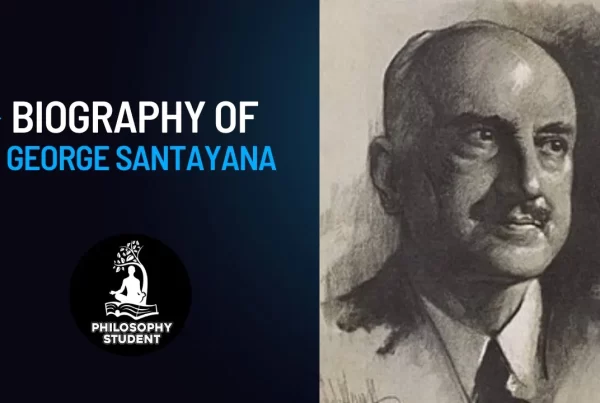The Sophists were not a single school but a professional grouping of largely itinerant teachers of rhetoric, philosophy, and legal argumentation. Their importance lies not in any specific doctrines but in their general shift of emphasis toward philosophical questions of politics and ethics in contrast to the predominantly metaphysical speculations of the period and in the gradual professionalization of the philosophic discipline.
Some of the most important Sophists have become associated with skeptical and/or relativist positions, although this may simply reflect their overriding interest in philosophical technique rather than in its conclusions. Protagoras (c. 490–420 BC), for example, stated that “man is the measure of all things,” which has been taken as the thoroughgoing rejection of objective truth. He also maintained, however, that some opinions can be better than others in terms of their practical consequences—an idea taken up by the American Pragmatists in the nineteenth and twentieth centuries. Similarly, Protagoras argued that laws and customs are merely the result of human agreement rather than natural principle or divine command, and they are justified in terms of their overall utility, a view that finds echoes in the political Liberalism of the Enlightenment.




































